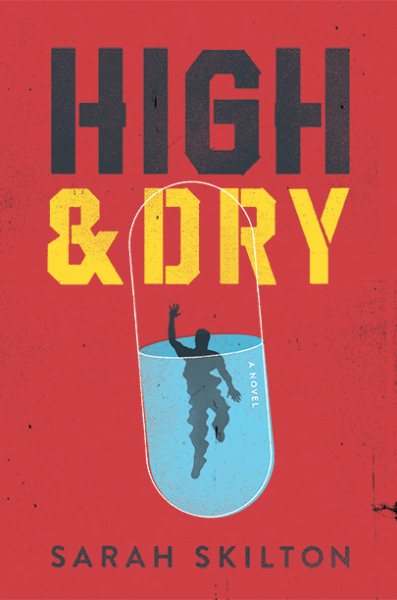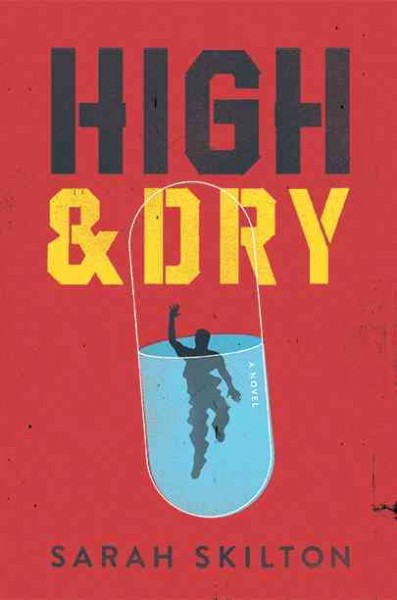
After a traumatic experience in Little League when he was saved by his friend Ryder, Charlie has grown into a “soccer hottie” who loves the glorious lunacy and unpredictable bliss of the game. Ryder, on the other hand, failed the drug test required to compete in high school sports, so despite his being “the best hitter, runner, fielder, and thrower” (103), his athletic prowess is engaged in alternate pursuits, activities that Charlie gets caught up in due to his sense of loyalty.
Besides the sports angle, Skilton reveals the schadenfreude of high school students who derive pleasure from the misfortunes of others. This drama escalates by the hands of the young people themselves, who frequently author their own persecution as they orchestrate bullying or succumb to pressures from identity cliques. Because of the pressure to be accepted, teens often practice fakery and flexible ethics while their true identities are suppressed, ignored, hidden, or denied.
Readers accompany Charlie as he encounters a series of conflicts in which he must choose—either to act with complicity, complaisance, or integrity when he discovers unethical behavior: a teacher who cheats, a variety of bullies, drug dealing, cut-throat competition, ruthless manipulation, a stolen flash drive, a game to throw for profit, and a drug-induced coma. Many of these conflicts can’t be shared with parents, whom teens are convinced don’t understand them. Charlie perceives his parents as having a diplomatic curiosity about him. From his perception, they conduct conversations over and around him, like scientists in the first stages of a science project: hypothesis and counterhypothesis. To them, Charlie’s life is “an amusing petri dish they liked to observe, and occasionally poke a stick into” (16).
And prod more than the surface, they should, since Charlie takes up drinking to balm the pain of the loss of his girlfriend. Getting high so as to satisfy his thirst—his craving for Ellie, he expends most of his energy in trying to regain what has been lost. Skilton plays on the metaphor multiple times with references to being parched, dry, or deserted.
Skilton also encourages readers to go through life with their eyes wide open, to look closely at human behavior so as to more accurately decode the mixed signals that so often come our way. She occasionally takes on a philosopher’s role as she shares advice about alcohol, sex, and other human truths:
- “The sharp acid burn of whiskey dirties up everything it comes into contact with; . . . it ruins everything you add it to, and it’s never the opposite: the thing you add it to, however vast, cannot make it right. One part per million, and it’s the one part that has all the power” (17).
- Sex is secondary in a relationship. It doesn’t draw a couple any closer and doesn’t ensure a relationship’s longevity or make it any more likely to succeed (251).
- “No one’s gonna stick their neck out for you, not when it’ll help deflect blame from them” (30).
However, Skilton further reminds us that awareness isn’t power; we have to do more than just look. The more closely and deeply we scrutinize something or someone, the more we discover, and the more we discover, the more we can see. Such is Charlie’s journey as he seeks to clarify his identity, to find his high, to satiate his thirst, and to escape the victim mentality.
- Posted by Donna

